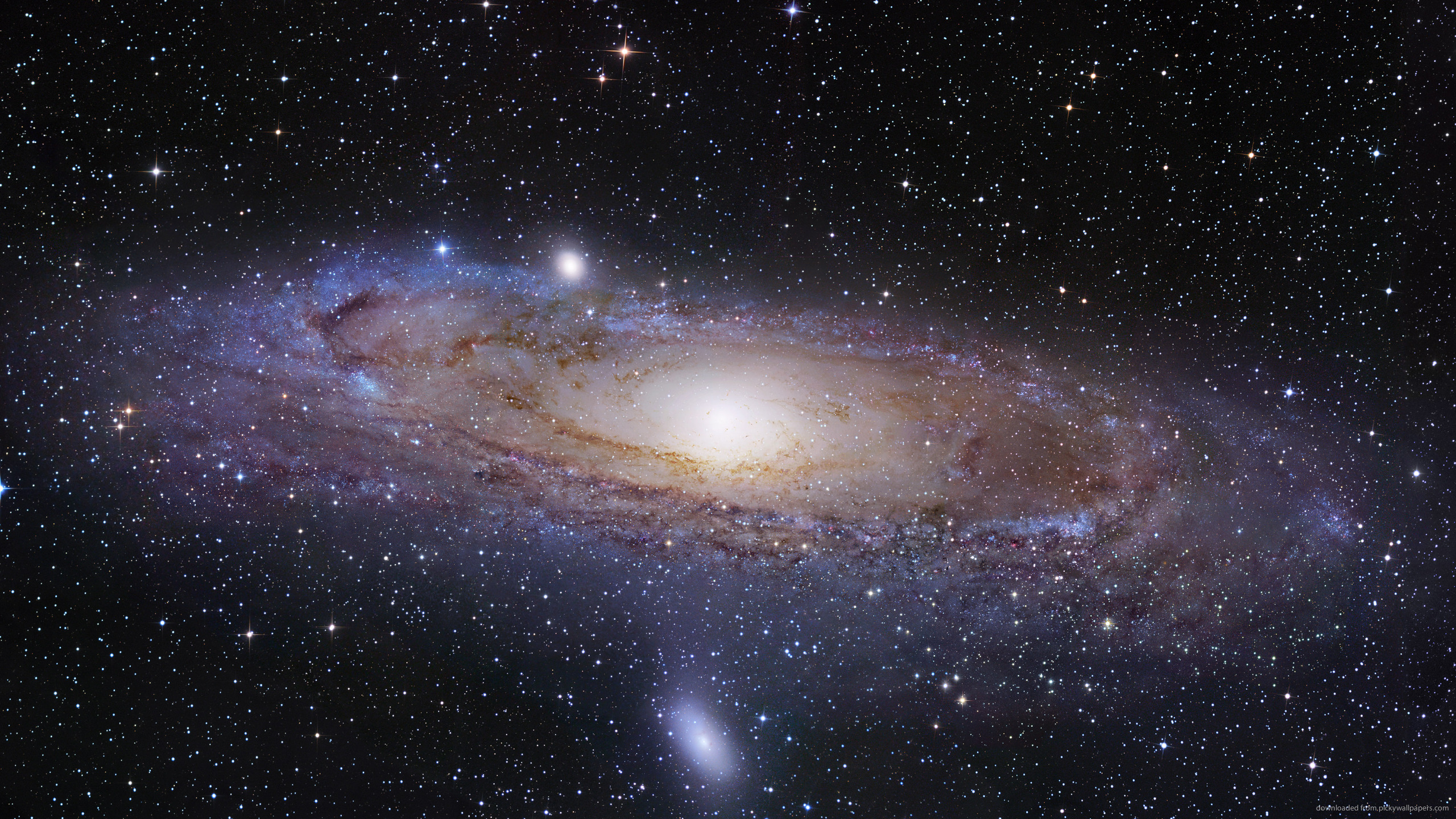
The Psalms are poem-songs that seek to articulate that which is beyond words, the existential truth which surpasses the power of language. Today’s psalm is a prayer of orientation and reorientation – a reflection upon the omniscience of Yahweh first revealed in the mysterious encounter of Moses with the burning bush. It’s a meditation upon the relationship that we can have – or can flee – with an all-knowing God.
The Psalm is radically affirming, portraying God as infinitely close, gentle, attentive, guiding, loving. Yet there is also a shadow side to the Psalm. We see it at the conclusion of the poem, beginning in 19 in which the poet sings of a desire to join in opposition of those who are adversaries of the ways of God. God is with and for all people from the heigths of the heavenly dome to the ends of the Earth, even encompassing the depths of death in Sheol [Hades] (verse 8). Yet some have been turned, maybe confused, lost in the dark of the darkness that is as light to God (verse 11). If they are not with God, then they are against God. Yet it’s not that black and white, for the prayer of the poet ends with radically honesty, asking to know, to be seen by God, to discover if there are dark, dishonest, divided ways within him or herself. Is it possible that the psalmist is at times an adversary of God?
The psalm alternates between assertions of who and how God is, questions of causality (such as If I…. then you….); and also entreaties of God to do or be something in particular….”Search me…” “See if within me there is…” Where do you see these changes in tone? What do they tell you? How do you identify with them today…or maybe in the past?
The psalmist sings of God’s omniscience and omnipresence, the Divine all-knowing and being-everywhere. While this is majestically encouraging, it can also be terrifying and anxiety-producing. Nothing can be hid from God, we cannot be forgotten, but God also sees all that we might want to deny, overlook or hide. Does such knowledge induce anxiety or acceptance? Maybe such knowledge, or more to the point our reaction to it, is what drives us to choose the way of the wicked or the way everlasting?
Questions for the practice of Examen & Contemplation
- What strikes or shimmers for you in this passage? ¥ When have you heard this psalm before?
- What do you think the Psalm is saying about our freedom to choose faith?
- How do you react to the idea of God as omniscient or all-knowing? Does that invoke fear or relief; anxiety or trust; in you? Why?
- What does psalm 139 say to you about your own difficulties, and the hard times you sometimes go through?
- How does this psalm feed your soul?
- In Luke 10, the young student asks Jesus “What must I do to inherit eternal life, to live the life God wants for me?” How do you answer that question in light of the truths in this psalm?